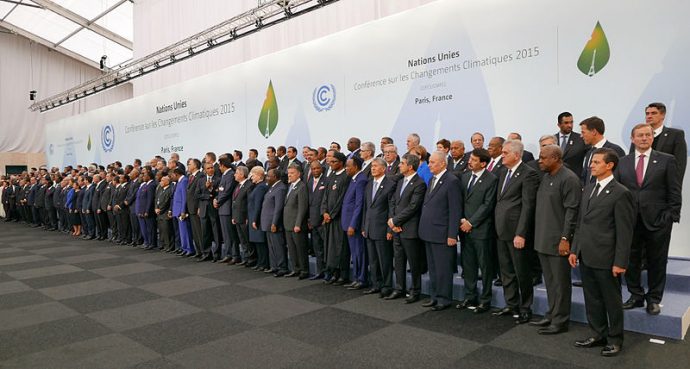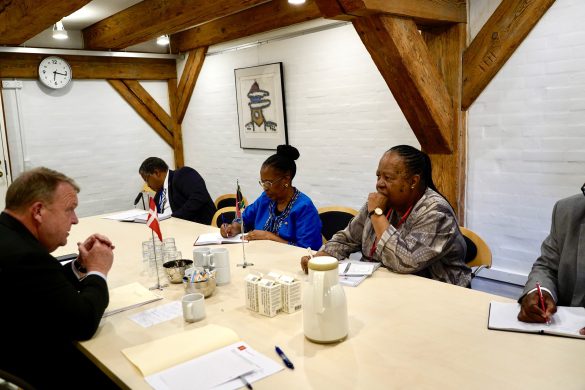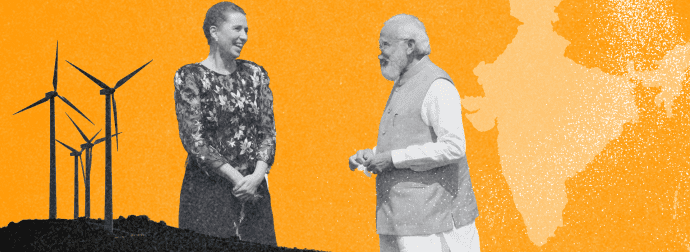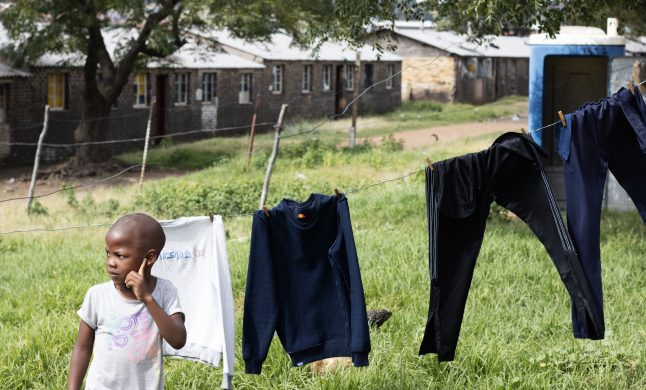Det fremgår af en dybtgående analyse offentliggjort af FERN onsdag.
There is no doubt the Paris climate agreement was a historic moment and an achievement of international diplomacy. The overall objective has been strengthened from “below 2C” in the Cancun Agreements, to “well below 2C and pursuing 1.5C”.
The prominence of 1.5C in the Paris outcome, bringing with it increased awareness of the impacts and threats of climate change, is a welcome step forward in global ambition.
The challenge now is to harness the sense of optimism that Paris engendered to actually bring about an “end to the fossil fuel era” as some commentators have described it.
Role of forests
But what role do forests play in this, and what does the Paris Agreement mean for forests and forest peoples' rights?
As has been widely noted, currently pledged national commitments (as described in Intended Nationally Determined Contributions or INDCs) do not add up to achieve the aspiration set out in the agreement; indeed, they put us on track for at least a 2.7C temperature rise.
Much work is still needed at the national level to increase ambition, meaning that national level movements and climate campaigns will play a crucial role going forward.
The main danger
However, the main danger of the Paris Agreement is that it defers action to the future, by failing to usher in the immediate and steep emission reductions necessary to achieve the temperature goal, relying instead on removing carbon from the atmosphere at a later date.
Delaying action in this way runs the risk not only of locking in higher levels of warming if carbon removal (known as negative emissions) proves unfeasible, but would also require large tracts of land, with significant impacts on food security, land rights and vulnerable communities.
Således lyder indledningen på analysen. Læs resten her:















